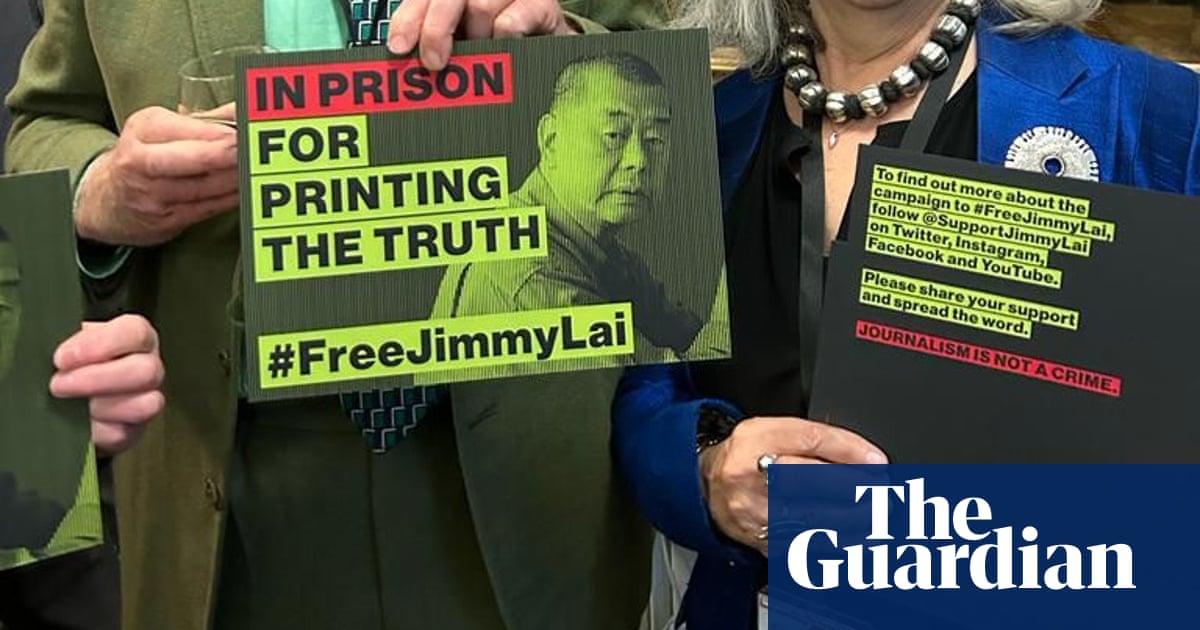
Angela Merkel and other European leaders are preparing to commemorate the 30th anniversary of the start of the fall of Soviet Communism. Three decades on from initial protests on the Hungarian-Austrian border, which became the first chink in the Iron Curtain, questions are being raised about the significance of current unrest from Moscow to Hong Kong.
Take the example of Hong Kong, where the international airport has been paralyzed in recent days because of anti-government protests. This comes amidst the worst political unrest in the Chinese territory for decades which started in criticism of a proposed law allowing for extradition of people to the mainland.
Meanwhile, Moscow is also witnessing its biggest protests in years, with tens of thousands hitting the streets triggered by the exclusion of opposition and independent candidates from the city’s council ballot. So far, the crackdown by Russian authorities has been stronger than the Chinese, with mass arrests by police in Moscow.
These protests come not just on the 30th anniversary of the beginnings of the fall of European communism, but also the Tiananmen Square demonstrations that same year. And the moment broadly coincides with the 10th anniversary of the immediate aftermath of the international financial crisis.
Of course, the world of today is significantly different in several respects from even 2009, let alone twenty years earlier. It is the rise of China — the country has now surpassed the US as the world’s largest economy on purchasing parity terms — that is perhaps the biggest global game changer, certainly since 1989. And this helps explain part of the reason why there is so much global attention on the outcome of Hong Kong’s political unrest.
The protests in Russia could also be hugely consequential for international relations. When Vladimir Putin was re-elected last year, it was widely assumed that he would remain president until at least 2024.
Putin has proved highly skilled in tapping into the post-Cold War national mood by forging a new sense of patriotism. Yet, while his hold on power appears to remain quite strong, it is still possible his political luck could continue going south.
There remains debate about how instrumental social media has been in fomenting political protest.
Andrew Hammond
And in this context, a key question already being asked by some is whether the current protests across the world may make 2019 into a key moment in world history like a 1989, or even a 1968, 1914, or 1848. Whatever the validity of these historical analogies might prove to be, the context for interpreting the unrest in Moscow and Hong Kong is not just the domestic politics of each area, but also the broader period of heightened political volatility around the globe in recent years.
What has captured most headlines in recent years is the rise of anti-establishment populists riding the anti-globalization mood across much of the world. This may have reached its climax in 2016 with the election of Donald Trump as US president, and the United Kingdom voting to leave the EU.
However, the impact has been much wider, in both the developed world and emerging markets. For instance, millions have taken to the streets and administrations in more than half of the 27 EU states fell or were voted out of office from Spring 2010 to 2012 alone.
In emerging markets, the Arab Spring began in Tunisia in 2010 and spread to revolutionary changes of power in Egypt and Libya, plus demonstrations and uprisings in other countries in the region. There was also the Ukrainian revolution of 2014, which resulted in the ousting of pro-Moscow President Victor Yanukovych; and the Brazilian demonstrations of 2013, the largest in the country for some two decades.
Seen from this prism, the Hong Kong and Moscow protests are only the latest manifestation of a contrasting range of political disruption across the world in recent years. This has been reportedly described as “a revolutionary wave, like 1848” by Sir Nigel Inkster, former director of operations for the UK Secret Intelligence Service.
As the Moscow and Hong Kong protests indicate, this political instability has diverse origins. This includes not just political and economic factors, but also the disruptive role of social media and other technologies.
There remains debate about how instrumental social media has been in fomenting political protest, including now in Hong Kong and Moscow. However, whether one sees it as an essential component that translated discontent into concrete action, or accentuated what was already inevitable, indisputably it has played an enabling, mobilizing role.
A key question for the future is whether this wave of instability will now tail off. While this is possible, there is a significant prospect of continuing political volatility across the world, not least if much of the world economy goes into recession again after what has been a fragile recovery in many countries in the last decade.
While circumstances will vary from state to state, future political instability will potentially be fueled by long-standing political and socioeconomic discontent, which social media can help fuel. In addition, economic inequality and legacies of the financial crisis may also be powerful in multiple countries.












